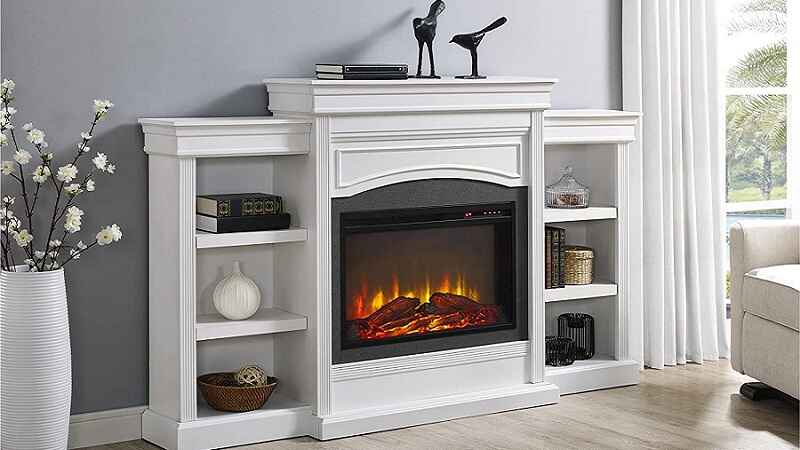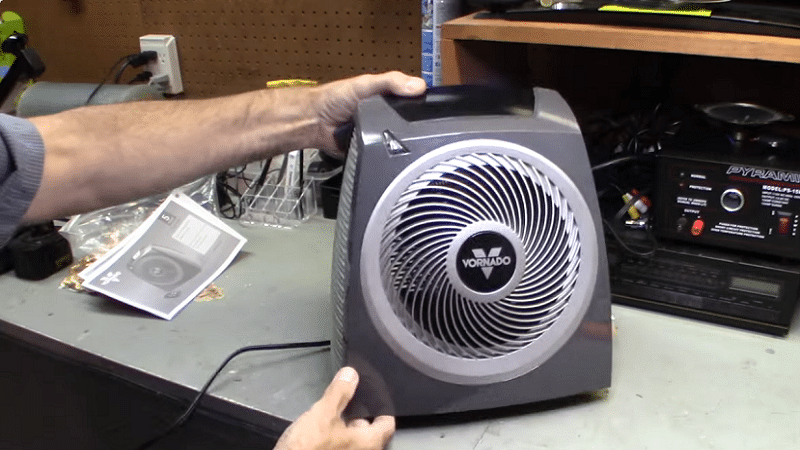When it comes to heating your home, there are a variety of options available to you. Two popular choices are gas and electric fireplaces. Both have their own unique advantages and disadvantages, and the decision of which one to choose ultimately comes down to your personal preferences and needs.
Gas Fireplaces:
Gas fireplaces are powered by natural gas or propane, and are known for their convenience and ease of use. With just the flip of a switch or the press of a remote control button, you can have a warm and inviting fire roaring in your fireplace. Additionally, gas fireplaces require very little maintenance and can be easily cleaned with just a brush and some soapy water.
However, gas fireplaces do have a few downsides. For one, they require a gas line to be installed in your home, which can be costly. Additionally, gas fireplaces can be expensive to operate, especially if you use them frequently.
Electric Fireplaces:
Electric fireplaces, on the other hand, are powered by electricity and are known for their versatility and low cost of operation. They can be installed anywhere in your home, as they do not require a gas line or chimney. Additionally, electric fireplaces are very energy efficient and can be a cost-effective way to heat your home.
One potential downside of electric fireplaces is that they do not produce real flames, so the fire may not look as realistic as a gas fireplace. Additionally, electric fireplaces can be less powerful in terms of heat output, so they may not be the best choice if you are looking to heat a large room.
| Feature | Gas Fireplace | Electric Fireplace |
|---|---|---|
| Appearance | More realistic with real flames | Features like LED lighting, videos of burning wood, or hologram imaging |
| Care and Cleaning | Minor cleaning required, regular inspection for gas leaks, and caution during operation | Cleaning as needed, and caution during operation to avoid damage to electrical wire |
| Durability and Maintenance | Regular inspection for gas leaks and cleaning of fireplace and vents | Regular inspection of electrical wire and replacement of bulbs as needed |
| Installation | Professional installation required for built-in unit | User-installable in most cases, but built-in units may require professional installation |
| Cost | $2,750 to $7,300 | $700 to $2,250 |
| Lifespan | Up to 25 years | Up to 20 years with semi-frequent bulb replacement |
Gas vs. Electric Fireplaces: Energy Efficiency
When it comes to energy efficiency, both gas and electric fireplaces have their pros and cons. Gas fireplaces are typically considered more energy efficient than electric fireplaces, as they use natural gas to produce heat. This means that the heat generated by a gas fireplace is more consistent and can be adjusted to your desired temperature. Additionally, gas fireplaces are able to heat larger areas than electric fireplaces, making them a better option for larger homes or open floor plans.
However, electric fireplaces have a distinct advantage when it comes to energy efficiency in certain situations. For example, if you live in an area with high electricity costs, an electric fireplace may be a more cost-effective option. Additionally, if you don’t have access to natural gas in your area, an electric fireplace is a great alternative.
Gas vs. Electric Fireplaces: Safety Considerations
When it comes to safety, both gas and electric fireplaces have their own unique concerns. Gas fireplaces require regular maintenance to ensure that the gas lines and vents are in good working order. This includes having a professional inspect the fireplace and gas lines for leaks, which can be dangerous if not addressed. Additionally, gas fireplaces can produce carbon monoxide, which is a toxic gas that can be dangerous if not properly ventilated.
Electric fireplaces, on the other hand, do not produce carbon monoxide and are generally considered safer than gas fireplaces. However, they do require regular maintenance to ensure that the wiring is in good working order and that the bulbs are replaced as needed. Additionally, if an electric fireplace is not properly installed, it can be a fire hazard.
Let’s go for the Comparison:
Both gas and electric fireplaces have their own unique advantages and disadvantages. Gas fireplaces are known for their convenience and ease of use, while electric fireplaces are known for their versatility and low cost of operation. Ultimately, the decision of which one to choose comes down to your personal preferences and needs.
Advantages of Gas Fireplaces
- Convenience and ease of use
- Low maintenance
- Realistic flames
Advantages of Electric Fireplaces
- Can be installed anywhere in the home
- Energy efficient
- Low cost of operation
- No need for gas line or chimney
Disadvantages of Gas Fireplaces
- Costly installation
- Expensive to operate
Disadvantages of Electric Fireplaces
- Less powerful heat output
- Lack of realistic flames
Conclusion:
When it comes to choosing between a gas and electric fireplace, it ultimately comes down to your personal preferences and needs. Gas fireplaces offer convenience and realistic flames, but can be costly to install and operate. Electric fireplaces, on the other hand, are versatile, energy efficient, and cost-effective, but may not produce as realistic of a flame or as much heat. Both gas and electric fireplaces have their own unique benefits and drawbacks.
It’s important to consider the cost of installation, energy efficiency, and safety concerns. Additionally, it’s important to keep in mind that gas fireplaces are typically considered more energy efficient, but require more maintenance and regular inspections. Electric fireplaces are generally considered safer, but may be less cost-effective depending on your location.





0 Comments